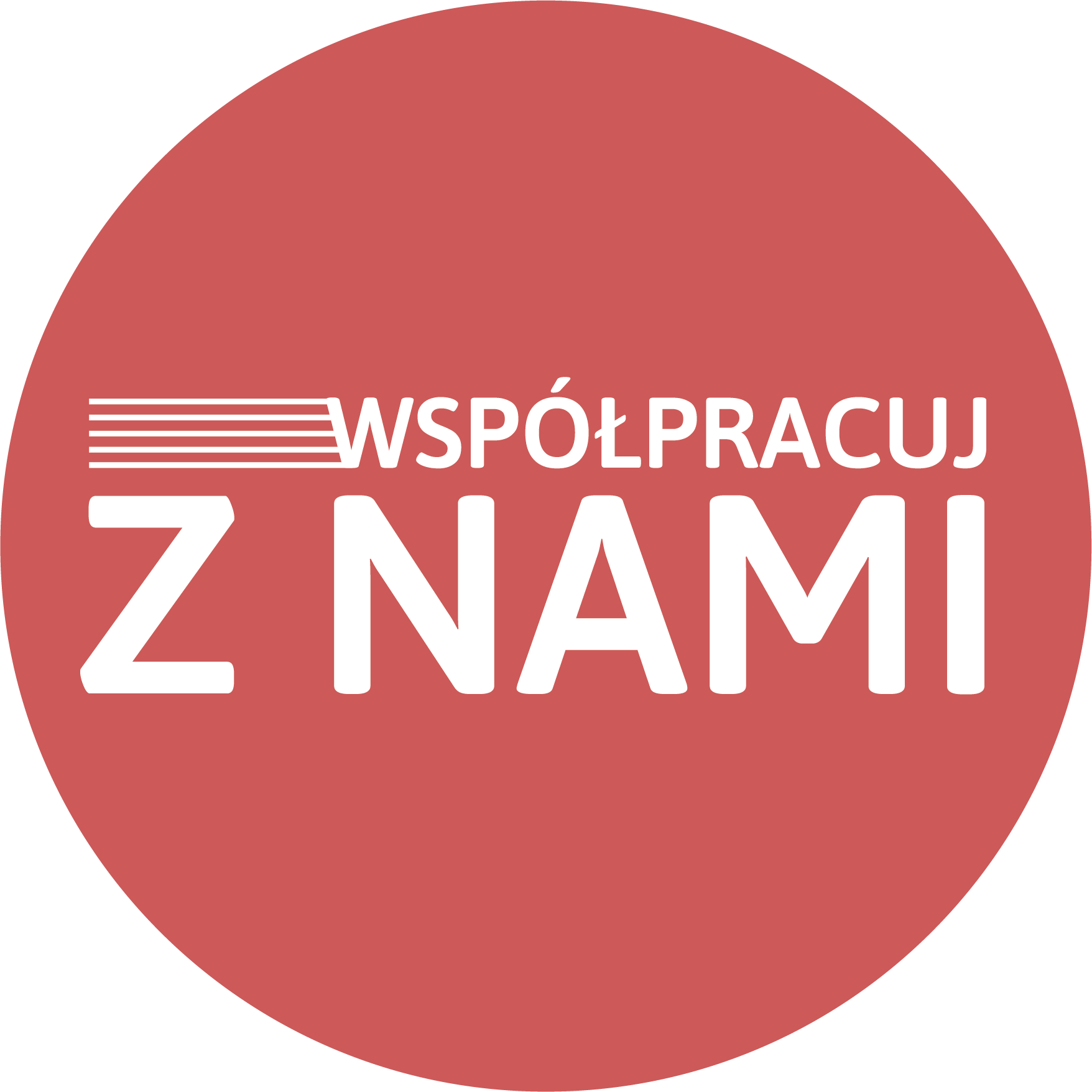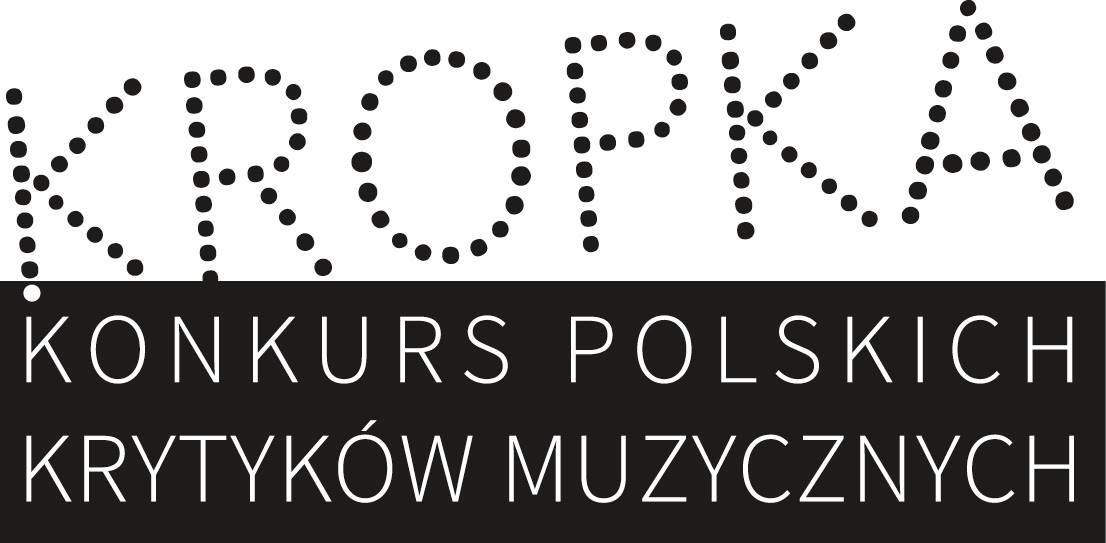Roman Palester (1907–1989) achieved his first successes as a composer already before the war – his symphonic poem Dance from Osmołoda was well received in 1936 in Barcelona, and one year later his ballet Song of the Earth won a Gold Medal at the International Exposition in Paris. Palester did not shy away from film music either – the song Ah, those women sung by Eugeniusz Bodo and composed for the film Toy became a real hit. The composer was also active in the International Society for Contemporary Music and its Polish section – he became its deputy president. He spent the war partly in Warsaw and partly in Żerosławice, an estate of his wife’s family near Kraków. He composed a lot during that period. In the first few years after the war Palester was seen in Poland as a successor to Karol Szymanowski. However, in 1947 he decided to leave for Paris with his wife. The trip was completely official. The composer’s wife Barbara was to promote Polish music in the French capital on behalf of PWM Edition and Palester decided to accompany her. He initially intended to maintain normal contact with his homeland, while living in Paris. Indeed, he visited Poland on a fairly regular basis, stayed in touch with the Polish Composers’ Union and PWM Edition, and from time to time even wrote articles (as did Barbara) for “Ruch Muzyczny”. He hoped that – like before the war – maintaining this status quo would be possible, at least for a while. At the same time, however, he corresponded with his friends in the United States, Jerzy Fitelberg and Kazimierz Wierzyński, trying to sound them out on the possibility of moving to America. For some time the situation was not too bad. Palester’s works, performed both in Poland and abroad, were published by the Kraków-based PWM Edition. Zygmunt Mycielski, a member of the Board of the Polish Composers’ Union since 1947, helped him to receive commissions and ZAiKS Association of Stage Authors and Composers transferred royalties to him.
However, as early as in 1948 the political control of culture in communist Poland began to tighten and after the introduction of socialist realism composers began to be subjected to strong pressure on the part of the authorities.
In addition, travelling abroad was made more difficult and contacts with artists who remained in exile were increasingly restricted. In the late 1940s both Mycielski and Tadeusz Ochlewski, the boss of PWM Edition, were increasingly urging Palester to return to Poland, not quite understanding the reasons why he remained abroad – they believed that it was necessary to work for culture in Poland, in spite of everything.
Yet Palester was not eager to return. He calmly watched how the situation would develop. In August 1949 he even came to the notorious Congress of Composers and Music Critics in Łagów Lubuski, where he witnessed, among others, the address by the Deputy Minister Włodzimierz Sokorski ordering composers to write music realistic in form and socialist in content. Palester also listened to accusations of formalism levelled at Panufnik’s Nocturne or – to a much larger extent – Zbigniew Turski’s Symphony No. 2 Olympic. Mentally broken, Turski went through an appropriate process of self-criticism, but he never composed another composition to match his oppressed symphony, which was, in fact, one of the best Polish symphonies of the late 1940s (a year earlier it had been awarded a Gold Medal at the London Olympic Art Competition). Sokorski himself tantalised Palester with promises of a position as rector of the Warsaw Higher School of Music or even as director of the Warsaw Philharmonic – provided that Palester returned to Poland, of course. Yet Palester went back to Paris without making any binding decision. Years later he concluded that this was the last moment to leave Poland legally – shortly after that he would probably not have had his passport given back to him and would have had to stay in Poland, whether he wanted or not.
His situation remained unclear for a while, but in 1950 the émigré press informed its readers that Palester had severed relations with his communist homeland as the first outstanding representative of art from behind the Iron Curtain to choose freedom. This was not entirely true – in December 1948 another composer, Tadeusz Zygfryd Kassern, went over to the “enemy”. Having served until that moment as cultural attaché at the Polish embassy in the United States, Kassern decided not to return to Poland and stayed in America. However, Palester was living in France, had never worked as a communist government official and, first of all, was a composer of higher stature than Kassern. The news of his “betrayal” immediately made its way both to the émigré media and to the highest government circles in Poland, who soon decided to withdraw his name from publications and concert programmes, expel him from the Polish Composers’ Union and send the published scores of his compositions for recycling. As it later turned out, Ochlewski managed to save some of them (I heard many years ago that records concerning Palester were hidden in the PWM library catalogue under the name Palestrina…), yet Palester ceased to exist in Polish People’s Republic. This was the first (but not the last) instance of such brutal treatment of an artist who had decided to emigrate. May years later Palester himself admitted that this was a blow from which he never fully recovered.
In the meantime he had to organize his life in a foreign country. Fortunately, not only was he able to compose, but he also was an erudite person and a fine writer. Both before and after the war he published articles on musical themes, in journals like “Muzyka”, “Muzyka Polska”, “Kwartalnik Muzyczny” (before the war) and “Ruch Muzyczny” (after 1945). These skills would turn out to be much more useful to him during emigration than his expertise as a composer.
In 1951 Palester came into contact with Jerzy Giedroyc.
As a result, the Paris “Kultura” published two long articles by Palester on the duties and tasks of artists: “Konflikt Marsjasza” (The conflict of Marsyas), no. 7-8, and “Uwagi o muzyce, czyli ‘pazylogia’ i ‘współczesny Apollo’” (Remarks on music or ‘pasilogy’ and ‘modern Apollo’), no. 11.
And although he did not stay long with “Kultura”, which Giedroyc probably regretted a little (I have written more about Palester’s contacts with Giedroyc in “Muzyka” no. 1/2019, [HERE]), these articles, together with his friends’ efforts on both sides of the Atlantic, undoubtedly earned him a new position. In May 1952 he joined the team of the newly established Polish section of Radio Free Europe in Munich – as head of the culture department no less, while his wife Barbara was to be responsible for musical matters.
The Palesters moved to Munich, although Paris remained their beloved city – they kept their flat there, visited the city as often as they could and eventually returned there in 1972, when they ended their collaboration with RFE and retired. Thus the question of livelihood was resolved. Palester became actively involved in the RFE’s work, taking advantage of Jan Nowak’s permission to be present in the in the office until noon and to devote the remaining time to creative work. However, things were by no means simple when it came to the latter – work on successive compositions progressed very slowly, and the composer’s situation was complicated by many issues. The problem was the lack of a reliable publisher who would also take care of the promotion of his music – after his contract with PWM Edition was terminated, Palester considered various options, finally signing a contract with the Milan publisher Suvini Zerboni, a decision that may have been influenced by his friendship with the Italian composer Luigi Dallapicola. In addition, Palester, who chose not to accept a new citizenship and used a Nansen passport for the rest of his life, could not count on international support for his oeuvre. After 1956 he no longer received invitations to festivals and meetings of the International Society for Contemporary Music, where he had informally served as the Polish representative until the Thaw (the communist government did not send official representatives from Poland to the ISCM, and the activity of the Polish branch of the society was suspended in that period). In 1957, however, Poland resumed its contacts with international musical institutions and from then on there was no place for an émigré in the ISCM bodies – the Polish section was represented by, among others, Grażyna Bacewicz and Witold Lutosławski.
While in his 1951 speech for BBC Radio Palester said that It may be that we here are experiencing a deeper moral crisis than you, caused by our distance from our country, but both we and you realise that the grim boundary that divides us cannot last long, if the world is to retain some sense and capacity for life and further development, after the Thaw, when music by Polish composers – of course not those who, like Palester, were still émigrés – began to be strongly promoted in the West, Palester was deeply affected by the repeated rejection. Both he and Panufnik – who lived in London and was banned in Poland just like Palester – complained about the fact that their colleagues in Warsaw who gave lectures on Polish music did not even mention émigré composers. Nor did they entirely understand why they were not performed in Poland. Embittered, in March 1961 Palester even wrote to Panufnik:
As for the situation after October – you know how it is. In any case, I have to admit that I wouldn’t be too eager to defend our colleagues over there… They are now playing very ‘free’ in front of the West, while quietly complaining that their programmes are checked and controlled, that they are not allowed to play you or me. (And yet I’ve seen that it’s simply their fear, because a courageous conductor knows how to ‘smuggle us in’.) So they’re not as free as they pretend, but they ask for this not to be said, because it ‘may harm them’ apparently. I have some doubts as to whether this is really the case. By the way, I will tell you honestly that I have no intention of crossing swords over them, because they don’t care about us at all, and it’s easier for them to make a career, because we are gone.
Yet Palester would normally be absorbed in his work at RFE. In the first few years of the station’s operation, he regularly hosted three series of programmes: “Music abolishes borders”, “Window on the West” and “Captive culture”. He was very vehement in his condemnation of the actions of his colleagues in Poland in these programmes – he criticised not only Zofia Lissa and Włodzimierz Sokorski, but also by Panufnik, Mycielski and Szeligowski, not to mention Alfred Gradstein, the author of the cantata A Word about Stalin to words by Władysław Broniewski. As late as on 9 July 1954 Palester chastised Panufnik for his critical statements about music in the West made on the Warsaw radio, only to welcome him with sincere sympathy among émigré artists during a conversation broadcast on RFE shortly after the announcement of Panufnik’s escape from Poland (available HERE).
After the Thaw in Poland the tone of Palester’s broadcasts changed considerably, as did their frequency. There was less politics in them directed against the activities of Warsaw, and more programmes devoted to various artists and events from the world of culture. Palester was able to talk about composers as well as painters and writers with great fluency and knowledge. Even after his official retirement, in 1973 he proved to be an excellent host in a “round table” discussion in Paris devoted to Pablo Picasso, who had recently passed away, and featuring Józef Czapski, Konstanty Jeleński and Adam Sutkowski (available HERE).
Unfortunately, Palester work for RFE had a negative impact on his composing. Although he did continue to compose, his works appeared less and less frequently in concert programmes in France or Belgium (where he had good contacts until the early 1960s). In Poland it was not until 1977 that the censorship ban on his name was lifted and from then on his music was gradually revived. In the following years the Warsaw Autumn Festival featured performances of, for example, the Viola Concerto and Symphony No. 5; in 1983 Kraków hosted the premiere of Te Deum, dedicated to John Paul II. This was also when Palester came to Poland on just one visit. It was incomparable to the celebration with which Panufnik would be welcomed in 1990, but let us remember that September 1983 was not yet the time to honour such a long-banned émigré. It was by no means certain until the very last moment whether the planned concerts would take place at all and whether it would be possible to organise a public meeting with the composer. Nevertheless, it was an important event, this symbolic return of Palester to Kraków, which he left so many years before. PWM Edition resumed its collaboration with him and began to prepare the publication of his scores; new events were being planned as well. However, there was not enough time.
Working for Radio Free Europe was hugely important to Palester. It gave him as sense of having contact with his homeland on a daily basis. And he was listened to in Poland as well. Although Wojciech Karpiński in his sketch about Radio Free Europe indicated that cultural matters attracted less interest on the part of the radio, he noted at the same time: Among the cultural broadcasts of Radio Free Europe in the 1950s and 1960s, I remember interesting programmes by Roman Palester (for example one about Gustaw Herling-Grudziński’s “The Wings of the Altar”). Palester became close friends with Herling-Grudziński – he even planned to compose an opera based on his works (there were discussions about Tower), but nothing came out of these plans in the end.
However, their vast and fascinating correspondence has survived (for more on this, see Lech Dzierżanowski’s article in “Roczniki Humanistyczne”, no. 1/2021 [HERE]).
As a composer, Roman Palester lost a lot because of his emigration. From the position of a successor to Szymanowski he moved to the position of an absent artist, consistently erased from the Polish musical life and from the consciousness of successive generations of musicians and music lovers. This loss is probably all the more painful as his musical language would have fitted in quite well with the strongest trends present at the Warsaw Autumn Festivals. The deep lyricism of his strongly expressionistic compositions would have made an excellent parallel to the achievements of, for examples, Tadeusz Baird, who is often regarded as the only representative of these trends in the output of the representatives of the so-called “Polish School of Composition”. In any case, in the second half of the 1970s both Baird and Palester wrote viola concertos – very moving and deeply intense in their expression (both composed for Stefan Kamasa). Only recently has Palester’s music, forgotten for many years, been consistently brought back from obscurity – above all in a series of monographic recordings. It is, therefore, possible that it will slowly find a place for itself both in concert halls and in the hearts of music lovers.
And what about the Radio Free Europe broadcasts? Their typescripts are kept in the Warsaw University Library, in the Roman Palester Archive. Some of them are available on a website devoted to Palester [HERE]. Work is currently under way on their edition and PWM is planning to publish the composer’s writings. Thus there will be an opportunity to get to know this part of Palester’s activity better. A lot has already been written about Radio Free Europe and about Roman Palester’s contribution to it. He himself summed up the role of RFE in his and his wife’s life in the following manner:
Munich gave us a unique, irreplaceable sense of the closest possible, daily contact with Poland. It was contact with what was happening in the most prosaic manner every single day and not some ‘cultural-memorial’ daydreaming. We followed the goings-on over there so much that sometimes we didn’t feel at all that we were émigrés. And that was the most precious thing about it. [Jagoda Jędrychowska, Rozmowa z Romanem Palestrem, in Widzieć Polskę z oddalenia, Paris 1988].
Polish version published in Wydawnictwo Próby [HERE].
Partnerem Meakultura.pl jest Fundusz Popierania Twórczości Stowarzyszenia Autorów ZAiKS











